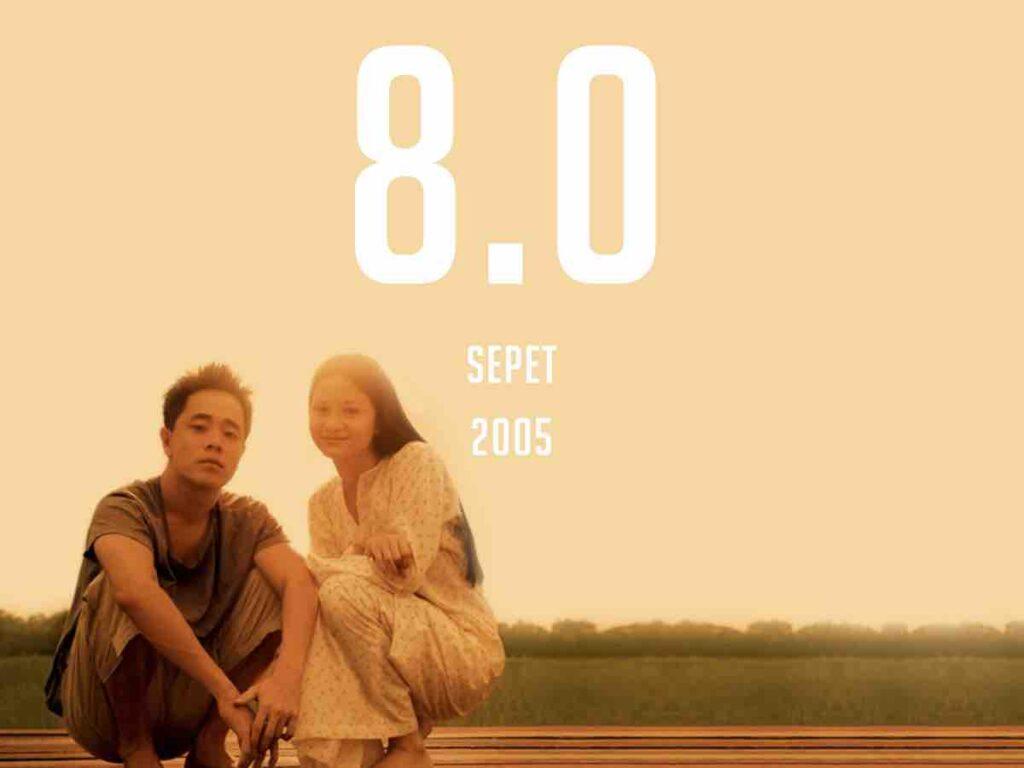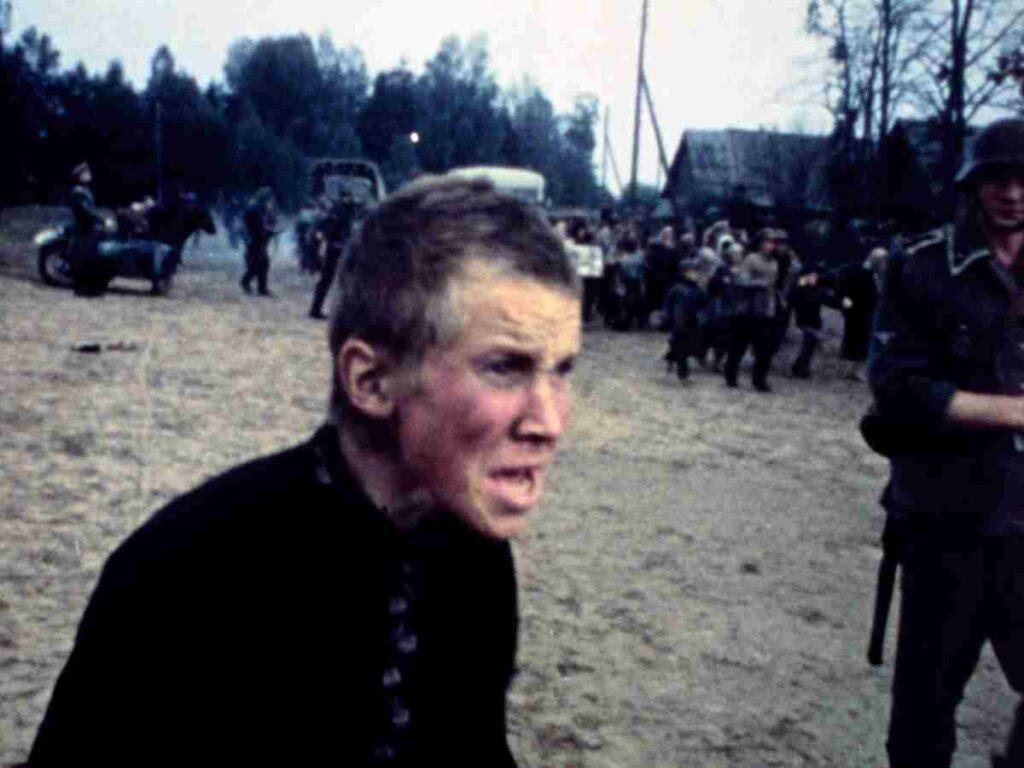To bill Sepet as a romantic comedy would be unjust to Yasmin Ahmad and her deft storytelling skills who masterfully weaves political commentary into her sophomore film.
“How long does one take to fall in love?”
“1 minute.”
“How long did you take to fall in love with me?”
“Much less than that.”
How the words made my heart flutter! Yasmin Ahmad’s Sepet (2005), set in Ipoh, Malaysia narrates an unprecedented love story between two individuals from different backgrounds. Portrayed by Ng Choo Seong (Jason) and Sharifah Amani (Orked) is an awkward yet innocent representation of what an unexpected first love looks like.
However, to bill Sepet simply as a romantic comedy would be unjust to Yasmin Ahmad and her skills. A deft storyteller, she masterfully weaves political commentary into her film. Sepet pushed the boundaries of a conservative Malaysian society – a society plagued with racial pressures and stereotypes.
Story
One lovely afternoon, Jason, a young Chinese boy who sells pirated VCDs, also an infamous samseng (gangster) meets a young Malay girl, Orked. They share a deep love for East-Asian films, specifically, actor Takeshi Kaneshiro. As the film progresses, the two develop a bond while negotiating their way through the challenges of their relationship — Jason’s past, the racial stereotypes and their eventual downfall. A heartfelt letter that dooms their hopes of a future together!
Back in 2005, and even today, Malaysia is largely made up of the bumiputera – the Malay community. Ahmad’s direction in this film blurs these boundaries between the Malay and Chinese community. Throughout the film, Ahmad continually distorts the expectation of a ‘traditional’ film, using both literal and symbolic means to subvert viewer expectations.
A ‘Non-Traditional’ Lens
To begin with, the title itself is Ahmad’s attempt in addressing the gap between the two communities. In Malay, Sepet refers to the ‘slit eyes’ of the Chinese.
The film begins with Jason in conversation with his mother. They speak in both Mandarin/Cantonese and Malay; something unusual for a typical Malay film. One of Ahmad’s most saliant ways of blurring these boundaries is the multilingual conversations – with most conversations toggling back and forth with at least two different languages. These conversations start from within the four walls at home but transcend beyond that. It is a daily occurrence – amongst the stall owners, Orked and her friends, and even Orked and Jason.
The conversations between Jason and Orked are never single-faceted. They’re an amalgamation of languages, each adding character to their relationship. What is more intriguing is that despite the difference in languages, there are never any clashes. Jason and Orked are very different but their ability to communicate their love for each other throughout the film tugs at your heart.
The scene where they sit by the river next to each other underlines their differences but, more so, their similarities. It is in fact, Ahmad’s way of telling the world that at the core and beneath our superficial differences, we’re all the same. Jason and Orked, albeit not representative of all, becomes a smaller representation of society in Malaysia, and with their use of multiple languages to converse, they become a microcosm of Malaysia and its progress. However, as we delve further, the film is in fact Ahmad’s attempt at critiquing the already fragmented social fabric in Malaysia.
As such, does one feel a sense of alienation? To be able to understand a multitude of languages is a luxury that not all of us would be entitled to. Is this Ahmad’s attempt at criticizing the inequality, and polarity in Malaysia?
Modernity
Language aside, Ahmad subverts the traditional thinking by creating characters that adopt a modern perception of society. Orked’s family embraces modernity – something still uncommon in Malaysia. Mak’s relationship with Yam, their helper, subverts traditional hierarchy. Yam’s conversation, or even actions in the household do not place her below on the totem pole. She’s rather painted to be a second mother to Orked.
In a scene where Orked’s friend Lin calls Yam a ‘maid,’ she’s immediately shut out by Orked, defying our traditional ‘understanding’ between a helper and employer. This subversion of a traditional power dynamic in a household, is again, a smaller representation of Malaysia.
Just like her mother, Orked inherits a love for films – more specifically, films that are found outside of the Malay film-sphere. This is where Orked picks up both Cantonese and Chinese. By diving into films across languages, and not limiting herself to Malay films, Orked becomes a smaller representation of Ahmad’s ideal society.
Their modern outlook is seen in larger issues as well. Being in a relationship with someone outside of their race was uncommon, even unheard of at that time in Malaysia. But Pak (Orked’s father) and Mak’s view of Orked’s relationship with Jason is intriguing, for instance. Their support for Orked through the good and bad, reflects a sense of growth in the right direction – in which, love for one another transcends the color of our skin.
It’s refreshing to see the film reflect progressive thinking not just from the younger but the older generation too. Despite the tragic ending, the love that Jason and Orked had for one another shows that respect, much less love, for one another transcends beyond race. By blurring these boundaries of race, social class, relationships, Ahmad places each character on a level plane.




